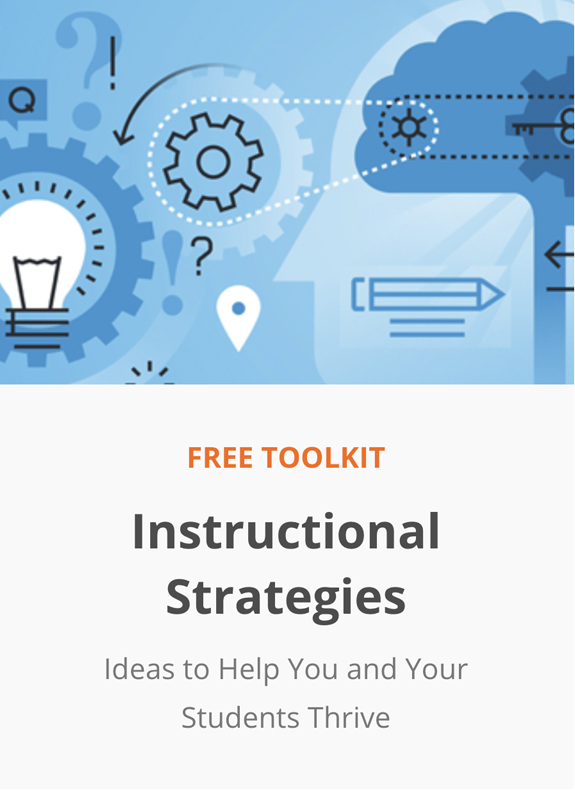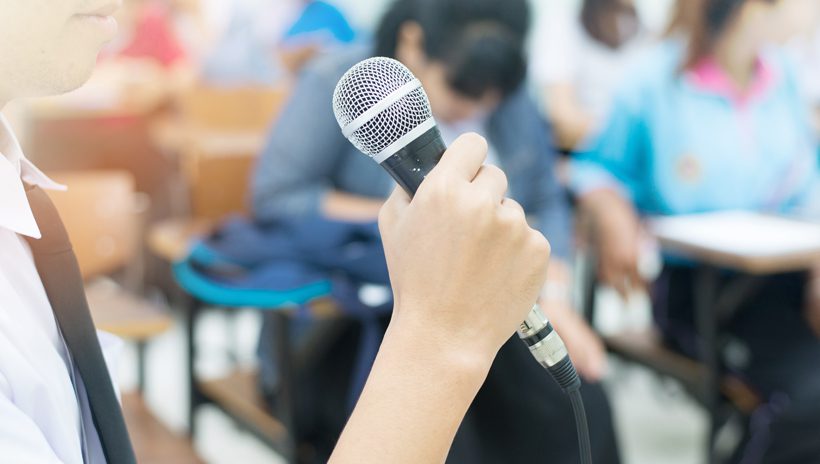Why Debate?
To debate is to participate directly in processes fundamental to the operation of an open and democratic society: free exchange and discussion of ideas, and impartial weighing of arguments and evidence, to give just two examples. The deeper learning required to master a subject thoroughly enough to debate it is built into learning standards at middle and high school, precisely because that learning capacity is critical to success in higher education and to career progression.


- formulating questions—what do I need to understand about the issue?
- background research—answering the necessary questions and incorporating additional useful information
- establishing a position—what about the issue reinforces my stance?
- distinguishing among facts (information), theories (hypotheses), and opinion
- developing persuasive arguments and marshaling solid evidence to support them
- persuasive writing—maximizing the impact of both arguments and information
- listening and responding appropriately to information, arguments, and questions from all sources
- developing polished and persuasive delivery of both prepared and extemporaneous speech
- anticipating and rebutting opposing arguments
- collaboration with teammates
- observing rules and procedures for debate
- maintaining civil and respectful demeanor toward moderator, audience, and opponents
A debate can involve an entire class if the audience is asked to determine the winning side and account for their choice. Evaluating a fellow student’s arguments and presentation can help students clarify their own understanding and opinions about an issue, as well as develop their own communication and presentation skills.
Modeling Debate Skills: Intelligence Squared Debates
An excellent model for student debates is the series of Intelligence Squared debate videos presented alongside related issue coverage, exclusively in Infobase’s Issues & Controversies. Your chosen debate format may be shorter and less complex than these full-length debates, but they offer a unique opportunity for students to witness internationally recognized experts debating key issues of our time. Students can gauge the effectiveness of the arguments, which will assist them in forming their own educated opinions on top issues. Using the videos’ audience polls on the issues before and after each of the debates, students can compare their own impressions with those of the actual events’ audiences.
In preparation for a class debate, you can assign viewing of a specific Intelligence Squared debate video, or ask students to pick one to view. You can have students write a brief commentary stating which side they agree with and why. Which arguments in the debate are most persuasive? How do the speakers succeed or fail in making their case? Did watching the debate change the student’s previous opinion on the issue, or reinforce it? Is the student’s view representative of the majority of the debate audience’s, or does the student dissent from the choice of winner? This level of critical thinking will prepare for and inform the student’s own participation in any debate. You can point out the helpful segment summaries and transcripts of the arguments, which provide an efficient way for students to refresh their understanding of the specific arguments made.
Debate Resources in Issues & Controversies
In addition to the Intelligence Squared debate videos, Issues & Controversies features full coverage of all of the National High School Debate Topics. The current school year’s debate topic is included in the “Recent Controversies” gallery at the top of the home page. The full listing is available from any page in the database by clicking “National High School Debate Topics” from the center column in the bottom panel.
Each of these topics is presented alongside the most current coverage of each year’s issue. For example, the 2012–13 National High School Debate Topic is one of the controversies in Transportation & Infrastructure. This makes it easy to combine the original coverage with the most current information about each year’s debate topic. Students can gather additional information by searching the database, including headlines from the Reuters® newsfeed.
Have the entire class take part in a debate. You may select only a few speakers, but the other students will judge the outcome and should be prepared to explain their decisions. It is useful to have more than one speaker per side to involve more students in presenting the arguments and to build collaboration skills in the teams.
TOPIC SELECTION
If you have used a specific Intelligence Squared debate video for discussion or as a model, select a different topic for actual debate. You can also poll students on their desired debate topics. Another good starting point for topic selection is the Issues by Subject listing available from any Issues & Controversies page. (The Issues list is also available alphabetically.)
Once the topic is chosen, it is important to establish a specific proposition or motion for debate, rather than a neutral statement. The wording of the motion should make clear the positions of the proposing (pro) and opposing (con) sides.
Inspire thought-provoking debates with Issues & Controversies today!
PREPARATION TIME
You can set a long preparation time or compress the time. For example, even if the class has covered the assigned topic, and students have begun background research in advance, you can name speakers close to the debate time. You can let speakers decide which side they will take, assign them to the pro or con side randomly, or assign them the opposing side to the one they favor.
DEBATE FORMATS
You will notice that the Intelligence Squared debates are over motions, whereas the National High School Debate Topics are framed as resolutions. While debates share some common features—for example, allowing both sides equal time and resources—rules and styles of debate can vary widely.
Excerpted from “Educator Tools: Learning Through Debate,” Issues & Controversies, Infobase, Accessed March 2021.
See also:
- Issues and Controversies Receives 2021 MLA Awards’ Gold Distinction: Q&A with the Editor
- Gun Control: A Featured Controversy from Issues & Controversies
- The Filibuster: A Featured Controversy from Issues & Controversies
- Impeachment: A Featured Controversy from Issues & Controversies
- Supreme Court Term Limits: A Featured Controversy from Issues & Controversies

